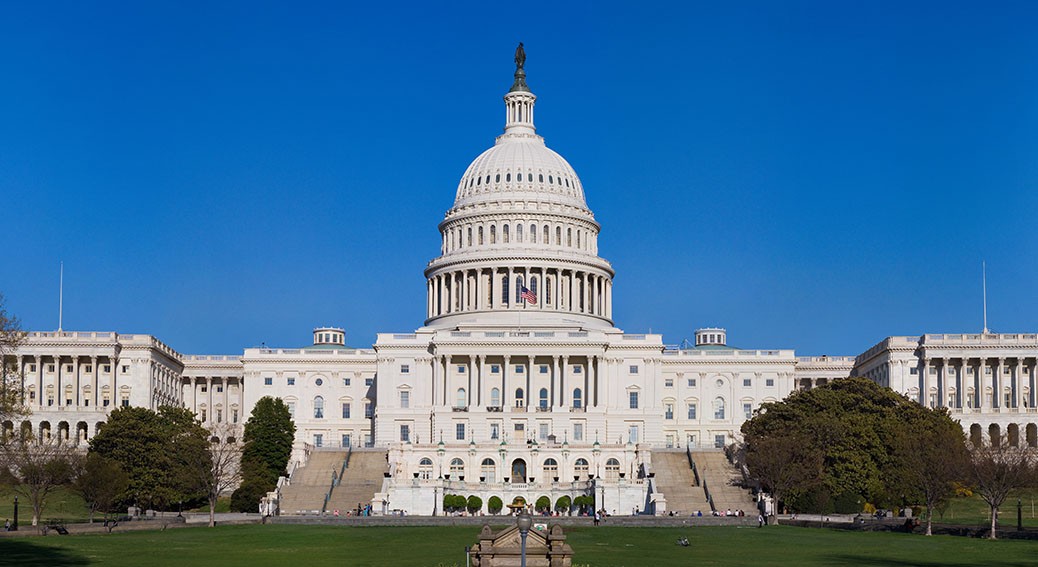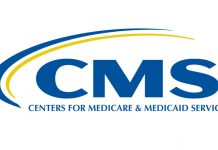House Republicans leaders introduced the American Health Care Act (AHCA) on Monday to repeal and replace parts of the Affordable Care Act (ACA). The legislation seeks to reform federal Medicaid financing by creating a per-capita cap model starting in FY 2020.
In a letter to Congress issued Tuesday, American Hospital Association (AHA) President/CEO Rick Pollack said the AHA looks forward to continuing to work with Congress and the Trump administration on ACA reform, but it cannot support the proposed bill in its current form. (Read the AHA’s Special Bulletin.)
Pollack said any changes to the ACA must ensure that providers can continue to deliver health care coverage to the tens of millions of Americans who have benefitted from the ACA, and any ability to evaluate the new legislation is severely hampered by the lack of coverage estimates by the Congressional Budget Office (CBO). Pollack urged Congress to wait until CBO estimates are available before proceeding with formal consideration of the new bill.
SDAHO President/CEO Scott A. Duke said SDAHO is still analyzing the impact of the bill on South Dakota and its members.
“As a non-Medicaid expansion state, we’re focusing our attention on how the shared-pool concept would impact coverage and provider funding formulas,” Duke said Tuesday.
The AHCA would repeal the ACA’s employer and individual mandates to purchase health coverage and replace the law’s means-tested advance premium tax credits and cost-sharing reductions with tax credits that vary by age and income. The package also would end the ACA’s Medicaid expansion, beginning in 2020, and transition the program to a per capita cap funding model. In addition, the package would repeal most of the law’s taxes while maintaining, though delaying, the tax on high-value employer-sponsored health plans (or “Cadillac” tax).
It would impose per-enrollee limits on federal payments to states, using each state’s spending in FY 2016 as the base year to set targeted spending for each enrollee category (elderly, blind and disabled, children, non-expansion adults, and expansion adults) in FY 2019 and subsequent years. Each state’s targeted spending amount would increase by the percentage increase in the medical care component of the consumer price index (CPI) for all urban consumers from September 2019 to September of the next fiscal year.
Starting in FY 2020, any state with spending higher than its specified targeted aggregate amount would receive reductions to their Medicaid funding for the following fiscal year.
Pollack said it appears that the House’s effort to restructure Medicaid will have the effect of making significant reductions in a program that provides services to the nation’s most vulnerable populations “and already pays providers significantly less than the cost of providing care.”
Katie Smith Sloan, LeadingAge president and CEO, said that converting Medicaid to a capped allotment of federal funds to the states on a per capita basis “would fundamentally destroy the Medicaid program as we know it.”
“Medicaid is the most important public source of financing for long-term services and supports,” Sloan said Tuesday. “This bill threatens our rapidly aging population with the loss of coverage for the health and long-term care seniors need. It is the wrong policy at the wrong time.”
A section-by-section breakout of the bill can be downloaded from here.
The bill also seeks to:
- Repeal states’ expanded authority to make presumptive eligibility determination. States would still be allowed to make presumptive eligibility determinations for children, pregnant women, and breast cancer and cervical cancer patients.
- Revert the mandatory Medicaid income eligibility level for poverty-related children back to 100 percent of federal poverty level. States could cover this population in their State Children’s Health Insurance Program (CHIP).
- Repeal the ACA’s cost-sharing subsidy program and establish the Patient and State Stability Fund to lower patient costs and stabilize state health insurance markets.
The House Energy & Commerce and Ways & Means committees are expected to “mark-up” the AHCA beginning tomorrow.







